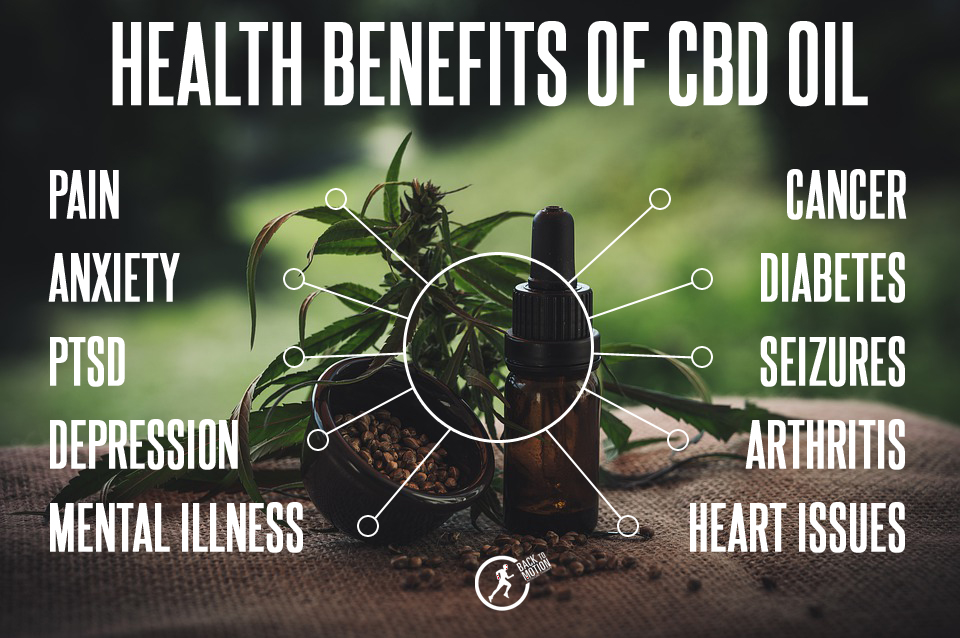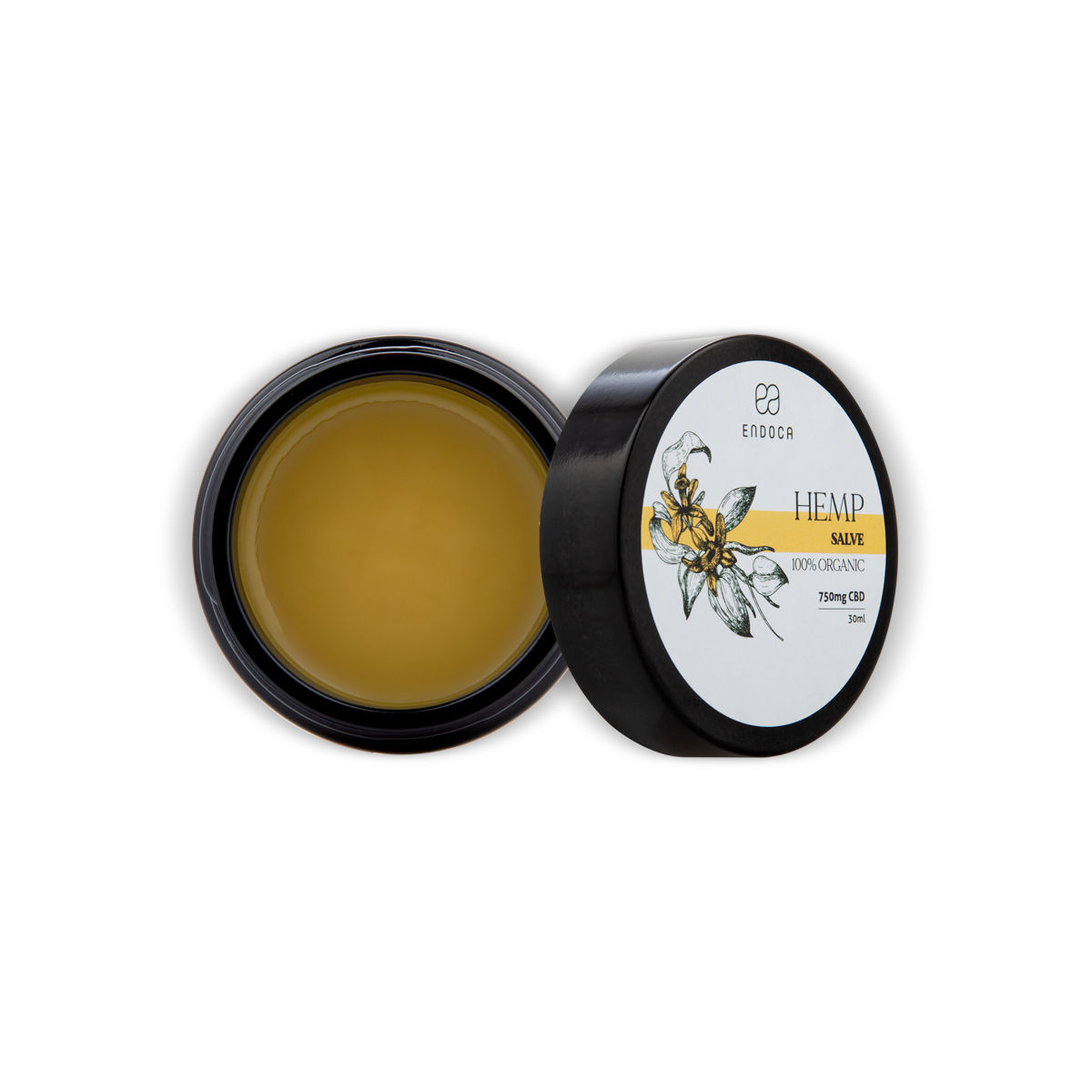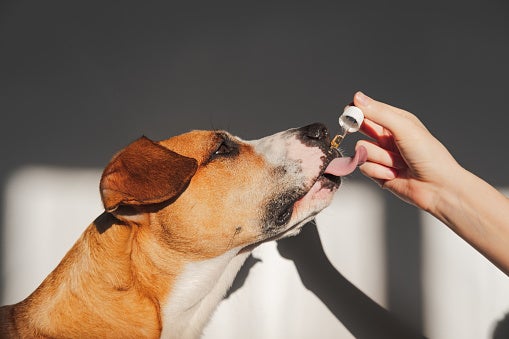
Entourage effect is an extract containing a mixture of multiple phytochemicals, terpenes or cannabinoids. The theory behind the effect is that all of the compounds combine to create a more powerful effect than any one cannabinoid.
The entourage effects are an important part in cannabis science, and it is possible that they exist even if the research into specific compounds found in cannabis has not shown conclusive results. CBD and THC, the two most prominent members of the entourage are also being investigated as other compounds that may play a role.
When selecting an infused product, it is imperative that you choose the type of extract you want to use carefully. Two main options are available: isolate and wide spectrum. Both types of extracts have varying degrees of the entourage effect.

Full-spectrum extract -- This is the most commonly used and highest quality form of cannabis oil. The oil contains a large variety of compounds from the plant, including CBD, THC, terpenes, and flavonoids.
This type of extract will usually produce a more robust and long-lasting effect than the more standard isolate. Because it isn't as pure or as potent as the isolate, it usually requires a larger dosage to achieve similar results.
Broad-spectrum - This is a popular extract of cannabis that will give you a long-lasting and robust experience. This will contain many plant compounds, but less THC. This will likely produce a more mild and calming effect, but will not have the same strong medicinal properties as Full Spectrum.
The entourage effect is a natural phenomenon that occurs in hemp and other plant compounds that contain a diverse range of chemical compounds. This is why tinctures made from broad-spectrum extracts of cannabis often have a better balance than their counterparts containing only the strongest cannabinoids, such as THC.

A full spectrum extract can provide a variety of benefits in addition to the entourage effects. This includes mood enhancement, appetite stimulation and sleep support. The endocannabinoid systems has the ability to regulate and affect our brain. By utilizing the best and most balanced products, you can enhance your own endocannabinoid system and maximize your health potential.
FAQ
What is the size of the global CBD market?
The global CBD market was valued at $US 3.5 billion in 2015, according to Euromonitor International. This is an increase of more than 10% compared to 2014.
The report forecasts this figure to reach $US 6.4 billion by 2020, representing an average annual growth rate of 12%.
CBD products are expected to account for around half of all hemp-derived products sold globally by 2020.
This includes CBD oils, as well other CBD products, including food, beverages cosmetics, pet care, and CBD oils.
Is CBD a good company to invest?
As hemp-based products gain popularity, so does the market. There could be $1B worth of hemp products on the shelves by 2022.
It is also expected that the market will continue to grow at an annual rate exceeding 20% through 2020 when it reaches $2.5 Billion.
Hemp oil has been used in many beauty products and health care products including creams, lotions.
There are many CBD-infused food items, such as snacks, dog treats and pet foods, that can be produced by companies.
CBD is currently legal in all 50 US states. This may change quickly. CBD will become more widely used as a legal substance in the future. This will allow businesses to be more legally able to do business.
With these factors in mind, it's clear that investing in CBD can be a lucrative venture.
Are CBD companies worth the investment?
The answer to this question depends on what you are looking for. If you want to make money, then yes, they are a great investment, but if you just want to invest in something that might help people, then I would say no because there are other ways to do that without spending $20k on an oil extraction machine.
What CBD products have the highest sales?
CBD products are everywhere these days. CBD products are popular for their ability to relieve pain and anxiety. This market is large and growing quickly.
But why do people purchase CBD? And how does this affect you as a brand owner?
Statista says CBD products are popular for their relaxing properties. They are also used for their anti-inflammatory properties.
This means that you can sell your product for both medicinal and recreational purposes if it has CBD and THC.
But what about brands who are focused on one purpose only? For example, if a company sells CBD for stress relief, then it won't have much competition.
Additionally, a brand that focuses solely on CBD for medical purposes will enjoy a large customer base.
However, a brand that wants to target recreational customers must develop a unique selling message (USP). A USP is essentially a benefit or feature that distinguishes a brand from its competitors.
For instance, some brands offer free shipping and others offer discounts on bulk orders.
What is the difference in CBD prices between states?
Prices for CBD products vary widely depending on where you live. Prices can vary by as much as ten times depending on where you live.
In general, prices increase the further north you go. CBD is expensive in Alaska on average at $35 per gram. It costs in Hawaii around $200 pergram.
This trend continues across the country. Prices can range from $5-$2,500 per gram.
Why is it happening?
The varying levels and regulations of cannabis regulation are one reason prices can vary widely. Some states require that CBD products have very low levels of THC (the psychoactive part of marijuana). Other states don't care what level of THC is present.
This is why some companies decide to sell products in one country and then send them to another.
Which states have the highest CBD intake?
California, Colorado, Oregon, and Washington are the three top states. These states have large populations and high incomes with low unemployment. They also have higher levels of hemp farming than other states.
California is the leader because its economy is heavily dependent on agriculture. California produces a lot of the country's fruits, vegetables. Because cannabis comes from the same plant that hemp, this makes sense.
Oregon and Colorado are closely followed by Oregon, both of which produce marijuana for medical use. California is the only state that allows recreational marijuana use, but these two states are not.
Other high-ranking states include Washington, New York and Florida.
Is CBD growing?
Yes, it is! The answer is yes! Legalization will continue to spread across North America, and this growth will continue. Canada was the first country to legalize recreational cannabis use. Several states also have medical marijuana laws.
This trend is expected to continue for at most another decade, as more states pass legislation that allows access to medical marijuana.
From an economic standpoint, legalizing marijuana is also sensible. As well as providing a lucrative alternative market for farmers, there are many other benefits to legalizing pot.
It could help decrease crime rates by reducing illegal drug availability. It could also be a source for tax revenue.
People will likely choose to consume less alcohol as they become more comfortable with legal marijuana. This would mean fewer hangovers and lower health care costs.
People with chronic pain may also find marijuana to improve their quality life. Many people believe that THC, the active ingredient in marijuana can relieve nausea and muscle spasms caused by chemotherapy.
It is possible that marijuana could be used to treat mental disorders such as anxiety or depression. According to some studies, marijuana can be used to treat schizophrenia.
Even though the CBD industry looks promising, there are still many challenges to be overcome.
Statistics
- The inhibition of FAAH is predicted to lead to an increase in brain and plasma concentrations of AEA, which acts as a partial agonist at CB1R and CB2R, thereby increasing endocannabinoid tone [92, 110]. (ncbi.nlm.nih.gov)
- HR −16 mmHg; 95% CI −26, −6; I2 = 92%) (ncbi.nlm.nih.gov)
- While the primary injury may not be treatable, interventions that attenuate secondary sequelae are likely to be of benefit [203].Only one study (ncbi.nlm.nih.gov)
- The use of these products is likely to become even more widespread if the World Health Organization's recommendation that CBD no longer is scheduled in the international drug control conventions is adopted by the United Nations member states [201]. (ncbi.nlm.nih.gov)
- CBD seems unlikely to directly influence sleep in healthy humans [115] (and maybe “sleep-promoting” in those with certain comorbid conditions) (ncbi.nlm.nih.gov)
External Links
How To
What are the major issues facing the CBD industry in general?
The market for CBD is growing at an astonishing rate. Businesses looking to get into this market face many obstacles. There are many challenges facing businesses looking to enter this space, including low consumer awareness, high costs of entry and limited access to capital.
Many consumers aren't aware of the benefits and limitations of CBD. This means that they cannot make informed decisions about whether or not to buy CBD products.
Most CBD companies rely heavily upon word-of mouth marketing. This is expensive as they must pay advertising costs and to hire staff to market their brand.
Another issue facing new entrants into the CBD industry is the high cost of production. The raw materials needed to create CBD products are quite expensive. For example, hemp needs to be grown in specific climates and soil types before it can be processed into CBD oil.
Growing enough hemp to make CBD oil takes around $1,000 per acre. Because of this, many small farmers are unable to afford to grow enough hemp for CBD oil.
Another challenge new entrants face in the CBD market is the lack of access to capital. Many people who want to start a business are discouraged by banks due to the stigma associated with the industry.
Final, there are regulatory uncertainties surrounding the sale CBD products. There are no established guidelines regarding the marketing of CBD products.
Despite some states having passed laws restricting the sale CBD products, this is not yet a national policy.
So far, only two states - Maine and Nevada - have legalized recreational marijuana.
Massachusetts and Michigan, however, are exploring similar options.
These changes could increase competition among CBD manufacturers.
Many entrepreneurs prefer to work at home over starting a business.